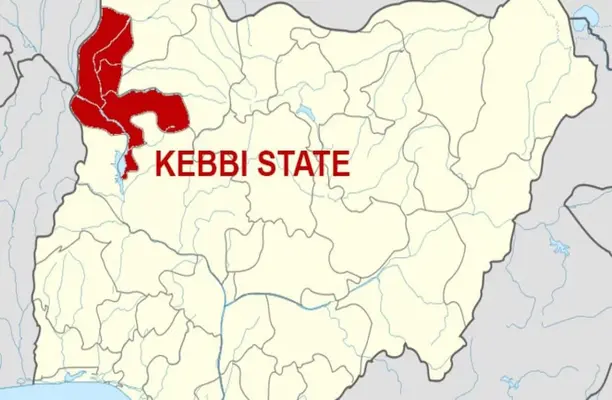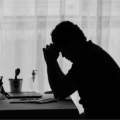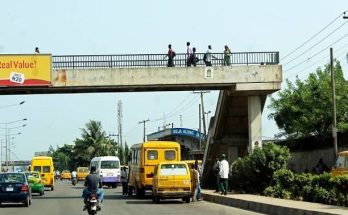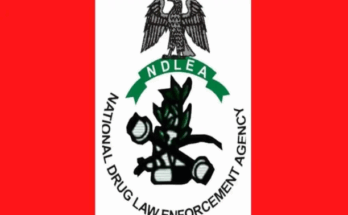By Sunkanmi Adewunmi
In mid-November 2025, northern Nigeria was hit by two major tragedies. Armed gunmen attacked the Government Girls Comprehensive Secondary School in Maga, Kebbi State, abducting about 25 students and killing the night guard and vice-principal, according to a Defence Ministry statement. Authorities said the attackers were likely profit-driven bandits and launched a search-and-rescue operation. Just days earlier, ISWAP militants ambushed an army patrol in Borno, capturing and later executing its commander, Brigadier-General Musa Uba. President Tinubu confirmed the general’s death and condemned both attacks. Together, the Kebbi school kidnapping and the killing of a senior officer highlight the worsening insecurity gripping the country.
Christian Persecution in Nigeria: ‘Genocide’ or Misdirection?
These attacks revived a fierce debate: are Christians in Nigeria being deliberately targeted for extermination? Some advocacy groups and foreign figures say yes. U.S. officials like Senator Ted Cruz and Ambassador Mike Waltz have referenced reports of large-scale Christian killings, while Nicki Minaj publicly warned that Christians are being “driven from their homes and killed.” Nigerian officials strongly reject this, and independent fact-checkers have found that many of the casualty figures circulating online cannot be independently verified. A BBC investigation found the data behind such claims “cannot be independently verified.” However, available conflict-tracking data paints a more complex and mixed picture. ACLED estimates about tens of thousands of civilians have died since 2009—including both Muslims and Christians—and Open Doors reports annual fatalities in both groups. Nigerian authorities insist there is no “Christian genocide,” stressing that jihadist groups kill Muslims and traditional believers too. Overall, analysts warn that reducing Nigeria’s violence to a single religious narrative oversimplifies a conflict driven by many overlapping factors.
Religious Violence in Nigeria: Christian and Muslim Victims
The truth is stark: religious violence in Nigeria claims victims from every faith. In August 2025, bandits stormed a mosque in Katsina at dawn, killing scores of Muslim worshippers. “They started shooting inside the mosque while people were praying,” one survivor said. Yet this month, militants also attacked Christians—gunmen raided a church service in Kwara, killing two and kidnapping several others. Boko Haram and ISWAP continue attacks that have hit both Muslim and Christian communities, and a U.N. report notes the groups have targeted “Muslims and Christians, mosques and churches” alike. Even herder–farmer clashes, often framed as anti-Christian, are largely driven by land disputes and impact Muslim communities as well. In the end, Nigeria’s violence has spared no one.
Attackers: Bandits, Boko Haram and ISWAP Insurgents
Who is behind these attacks? There’s no single culprit. Nigeria faces multiple violent actors:
- Armed bandits: Criminal gangs in the northwest who raid villages and schools mainly for ransom. Officials say the Kebbi kidnappers fit this profile—profit-driven bandits, not ideological militants.
- Jihadist insurgents (Boko Haram/ISWAP): Islamist groups operating in the northeast with the goal of enforcing extreme Sharia. They’ve fought a 16-year war that devastated the region. ISWAP’s November ambush that killed Brig-Gen Uba reflects their typical tactics.
- Fulani herders: Mostly nomadic cattle herders involved in deadly clashes with farming communities. While some militias have become radicalized, experts note these conflicts largely stem from land pressure, climate stress and poverty—not pure religious hatred. Both Christians and Muslims are victims.
- Other actors: Smaller jihadist cells, al-Qaeda–linked groups, and local vigilantes or cult gangs also fuel instability.
Different motives, from profit, ideology, and survival all intersect, but each group exploits Nigeria’s porous borders and poorly secured rural areas.
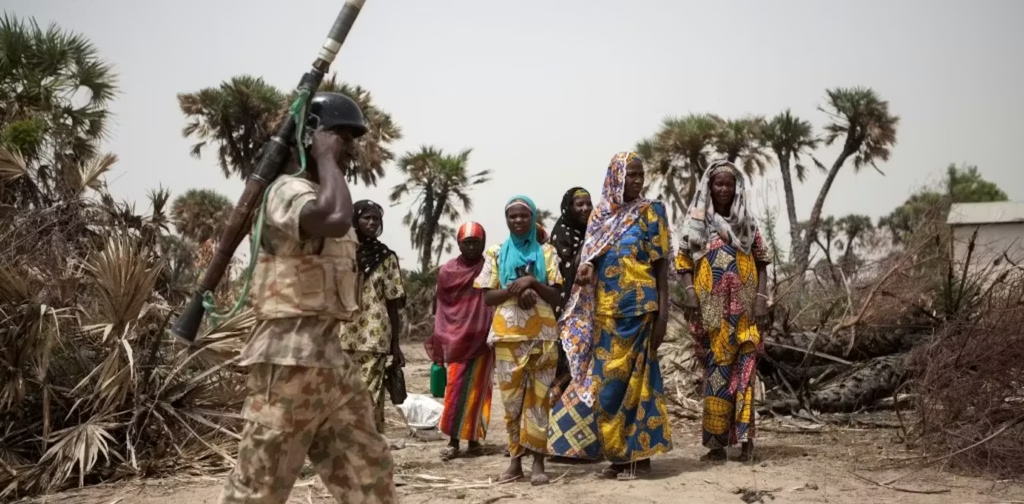
Government Response and Public Outcry
The federal government has scrambled to respond. President Tinubu condemned the attacks, postponed a G20 trip, and dispatched Vice President Kashim Shettima to Kebbi to meet grieving families. He promised that “every available resource” would be used to rescue the girls and admitted feeling “depressed” by the killings, vowing that the perpetrators would face the full force of the state.
But public frustration is surging. Youths in Kwara protested after the church attack, blocking highways and demanding real security reforms. Civil society groups say the government is failing to implement effective security measures. The Nigerian Bar Association warned the country is nearing a “breaking point,” calling for a security overhaul and accountability. Critics argue Tinubu’s administration offers condemnations without sustained operational improvement, while violence continues to spread. For many Nigerians, the crisis now feels like a profound failure of governance — a nation unable to guarantee basic safety.
Under Siege: Communities Caught in the Crossfire
Across the north, ordinary Nigerians are living in constant fear. Farmers say bandits have made it impossible to work their fields, and parents no longer know if school is safe for their children. In the northeast, Boko Haram’s terror has emptied entire communities. UN and Nigerian data estimate that hundreds of thousands have died directly or indirectly from the conflict and displaced nearly 4 million between 2009 and 2021. (Note: The UNDP figure includes indirect deaths from hunger, disease, and disrupted livelihoods.)
The trauma is everywhere. In Katsina, villagers described walking through charred homes after a mosque massacre. In Kebbi, mothers search the bush, desperate for any sign of their kidnapped daughters. Across these communities, the same question echoes: who will be next?
Nigeria stands at a crossroads. The violence is no longer shocking—it has become routine—while bandits and jihadists grow bolder. The Kebbi school abductions and the killing of Gen. Uba are not isolated incidents but the latest chapter in a long, worsening spiral. This is a test of leadership and of national resolve.
Real action is overdue. Nigeria and its international partners must push for a transparent, community-driven security strategy. Local vigilantes need coordination and oversight. The government must modernize its forces, strengthen intelligence, and confront corruption that leaves borders porous and citizens exposed. Christians, Muslims, and traditional communities have all suffered; no faith-based narrative alone can solve a multi-layered national crisis.
At its core, this tragedy is about human lives—the schoolgirls in Kebbi, soldiers like Uba, farmers in Katsina. Their fate demands more than statements and condolences. If leaders continue to offer denial and delay, they fail the people they swore to protect. But if Nigerians unite across faiths, regions, and politics to demand real change, the country still has a chance to rewrite its story.
The world is watching. It is time to end Nigeria’s insecurity and restore hope to every community.

